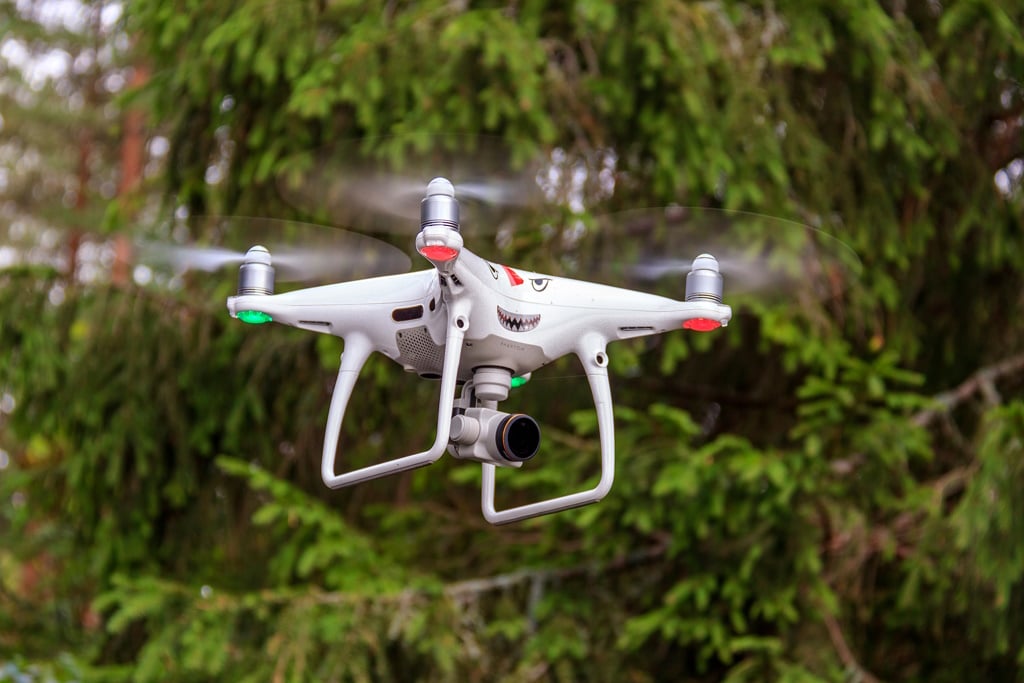This is one of the first outcomes of the project to strengthen cross-border cooperation for better management and restoration of ecosystems in the Senegal River delta, launched in 2022. At least 35 agents were recently trained in remote sensing by drone in protected areas.
The trainees are now proficient in the use of GPS and drones to enhance the conservation of natural areas in these two West African countries, where poaching, illegal exploitation of forest resources (timber, minerals) and the effects of climate change are taking their toll. They will focus their expertise on the Senegal River Delta Transboundary Biosphere Reserve (RBTDS).
This site, located between the Saint-Louis region in Senegal and the Wilaya of Trarza in Mauritania, covers an area of 641,768 hectares. According to project coordinator Aminata Diop Sall, the technological tools should make it easier to locate and map the potential fauna and flora, “aerial surveillance and monitoring of natural habitats as well as data analysis for decision-making” with a view to integrated ecosystem management.
Read also-
Mauritania and Senegal are not the only West African countries to rely on remote sensing by drone in forest areas. Sierra Leone, which boasts seven national parks, has made use of this technology over the past two years, notably as part of a programme to restore 960,000 hectares of land. The initiative, supported by the British organisation Crown Agents and drone specialist UAVaid, is aimed at planting trees and, above all, geolocating them. This practice enables the properties and health of plant species to be monitored.
Benoit-Ivan Wansi
